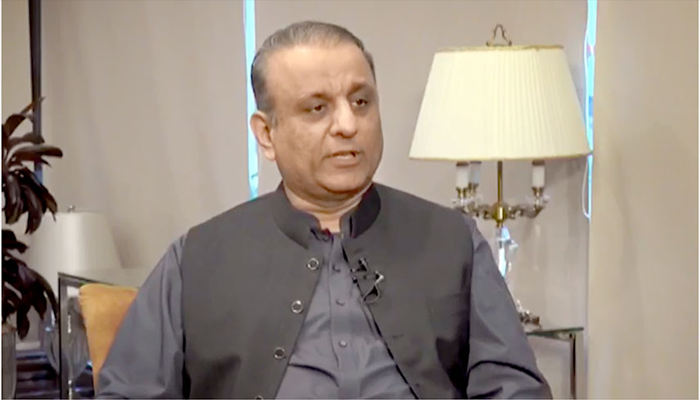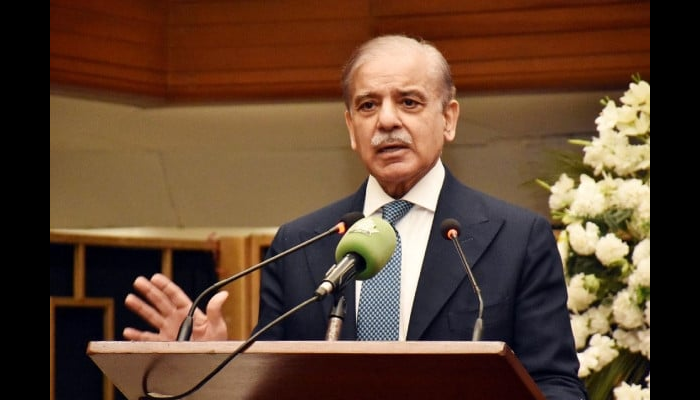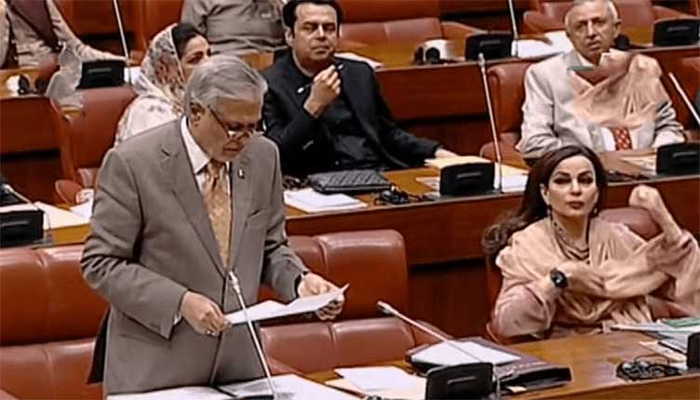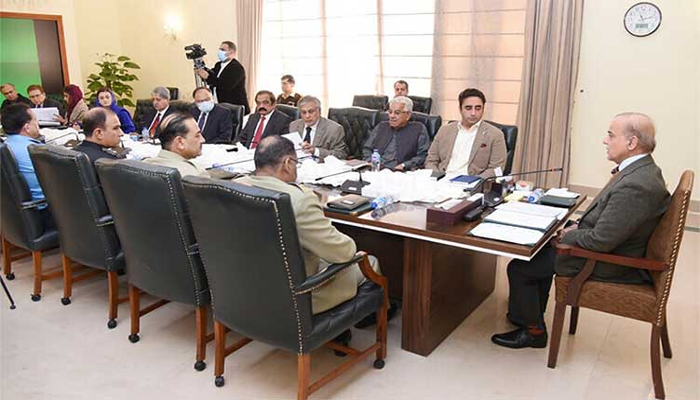Following a significant Supreme Court ruling that reopened corruption cases worth billions of rupees, Pakistan's top anti-corruption agency is planning to enlist the assistance of intelligence agency officers for high-profile investigations. The National Accountability Bureau (NAB) has initiated this move to expedite and enhance the accountability process. These officers will be appointed to key positions on a deputation basis, commencing their roles in the near future while maintaining their current scales and salaries.
All vacant positions within NAB will be promptly filled, and a permanent deputy chairman and prosecutor general will also be appointed soon. The deputized spy agency officers will work within NAB offices, contributing to the establishment of a robust and efficient intelligence system within the anti-corruption watchdog. This decision aims to streamline and bolster the accountability process by assisting NAB's investigation officers in their inquiries.
This development follows NAB's submission of corruption references to an accountability court in Islamabad, as per the Supreme Court's directive to reopen graft cases against public officials. Accountability Judge Muhammad Bashir has instructed a review of these cases, emphasizing the differences in legal aspects between cases involving private individuals, public officeholders, and government employees.
The Supreme Court's ruling on September 15, with a majority 2-1 verdict, granted Pakistan Tehreek-e-Insaf (PTI) Chairman Imran Khan's petition to challenge amendments made to the country's accountability laws during the previous Pakistan Democratic Movement (PDM)-led government. The Court ordered the restoration of all closed corruption cases against political leaders and public officeholders, declaring the amendments invalid.
Consequently, various prominent politicians, including former prime ministers and a former president, are poised to undergo accountability. Cases will be reopened against individuals such as Nawaz Sharif, Yousuf Raza Gillani, Raja Pervez Ashraf, Shehbaz Sharif, Shahid Khaqan Abbasi, Asif Ali Zardari, and several former federal and provincial ministers. The revived investigations will also encompass cases related to fake accounts, rental power plants, and amassing assets beyond known sources of income.









